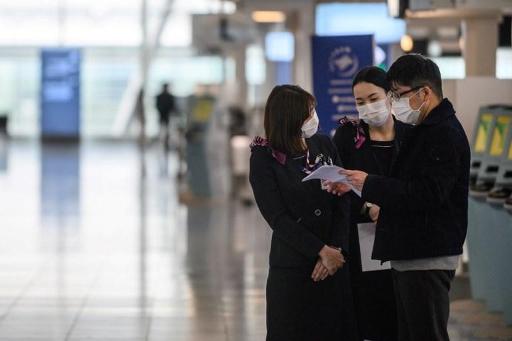Most member states have reported measures at internal border crossing points aimed at identifying risk passengers, temperature screening and are providing information to passengers, according to a readout from the Commission´s COVID-19 information group on border measures.
The 3rd weekly videoconference of the information group took place yesterday (11 March), with the participation of member states and non-EU Schengen states representatives, Commission and Council services as well as the European Border and Coast Guard Agency (Frontex).
Austria announced at the meeting that it will reintroduce internal border controls at the border with Italy on health grounds for a period of 10 days. It will officially inform the Commission of this measure as required by the Schengen Borders Code. Slovenia has reportedly done the same.
The Greek Cypriot Government decided already in the beginning of March to close 4 of the 9 crossing points between the southern and the northern parts of the divided island. The Turkish Cypriot government (TRNC) has protested against the decision which it considers as unilateral.
A Commission spokesperson told The Brussels Times that Cyprus has notified the Commission about the temporary closure of the four crossing points. The remaining crossing points will continue to remain open but with additional health checks being conducted.
“The Commission is in close contact with the authorities of the Republic of Cyprus and has asked for further information to verify whether these measures are compatible with the Green Line Regulation,” the spokesperson said.
The Commission does not legally exclude member states from imposing internal border controls for public health reasons, provide that they meet the following criteria. They should be based on credible risk assessment and scientific advice; they should be proportionate and they should be taken in coordination with the member states.
M. Apelblat
The Brussels Times

